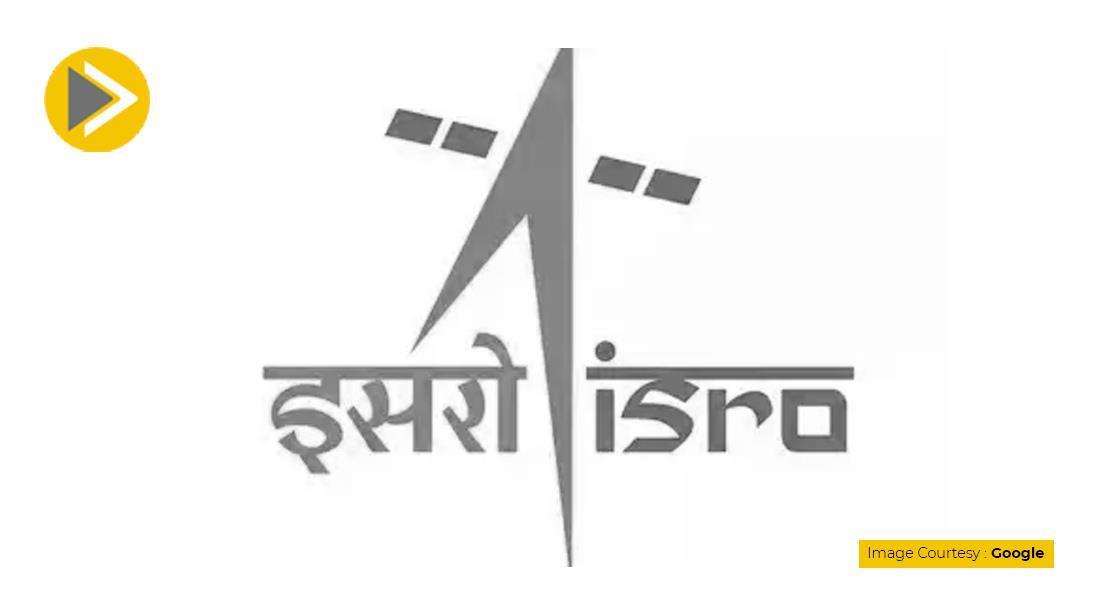ISRO Assumes Leadership of International Charter on Space and Major Disasters

News Synopsis
India has once again demonstrated its global leadership in space-based disaster response as the Indian Space Research Organisation (ISRO) takes over the lead role in the "International Charter on Space and Major Disasters" for a six-month term beginning April 2025. This role underscores India's growing capabilities and responsibility in using space technology for humanitarian purposes.
Tenure Begins with the 53rd Charter Meeting in Hyderabad
ISRO's tenure as the lead agency commenced with the successful organisation of the 53rd meeting of the Charter, held from April 14 to 17 in Hyderabad. The event was hosted by the National Remote Sensing Centre (NRSC), a key arm of ISRO. It brought together representatives from global space agencies, with 22 international delegates participating in person.
ISRO: A Founding Member of the Charter
India is a signatory of the International Charter on Space and Major Disasters, which celebrates its 25th anniversary in 2025. ISRO, as one of the founding members, has played an instrumental role in the Charter since its inception. The Charter operates as a cooperative framework of 17 member organisations, all of which voluntarily contribute Earth observation data and value-added services to support disaster management worldwide.
ISRO Chairman Reaffirms Commitment to the Charter
During the opening of the lead tenure, ISRO Chairman V Narayanan addressed the Charter's board members and reaffirmed India's dedication to using space technology to support global disaster management initiatives. His remarks highlighted India's continued efforts to enhance international collaboration and share technological expertise in times of natural and man-made calamities.
ISRO’s Responsibilities During Lead Role Period
As the lead agency for the next six months, ISRO’s NRSC will oversee and coordinate the Charter’s global disaster response mechanisms. This includes managing activation requests from affected nations, ensuring the rapid delivery of satellite-derived data products, and leading strategic planning to streamline operations.
Additionally, NRSC/ISRO will focus on facilitating training programmes, conducting outreach efforts, and building capacity among member nations. These activities are aimed at enhancing preparedness and strengthening the collective ability to respond to disasters using space-based assets.
Global Participation and Cooperation
The presence of 22 international delegates at the Hyderabad meeting reflects the growing global emphasis on cooperative disaster response. Space agencies from across continents collaborated on strategic discussions, shared insights, and explored the next steps in improving the use of satellite data for emergency response.
India’s Expanding Role in Humanitarian Space Missions
India’s role as a lead coordinator in this Charter not only showcases the country's technical capabilities but also highlights its commitment to global welfare. Over the years, ISRO has built a reputation for rapidly deploying satellite data in the aftermath of natural disasters such as floods, cyclones, and earthquakes.
Through its leadership in this initiative, India reinforces its vision of ‘Vasudhaiva Kutumbakam’—the world is one family—by extending timely aid and support to any nation in crisis.
Looking Ahead: Charter's 25th Anniversary in 2025
As the International Charter celebrates its 25th anniversary this year, ISRO's lead role takes on added significance. It symbolises both continuity and progress in the global use of satellite technology for disaster relief.
India’s leadership during this period will set the tone for the Charter's future direction, with an emphasis on rapid response, improved coordination, and more inclusive training modules for developing nations.
You May Like









